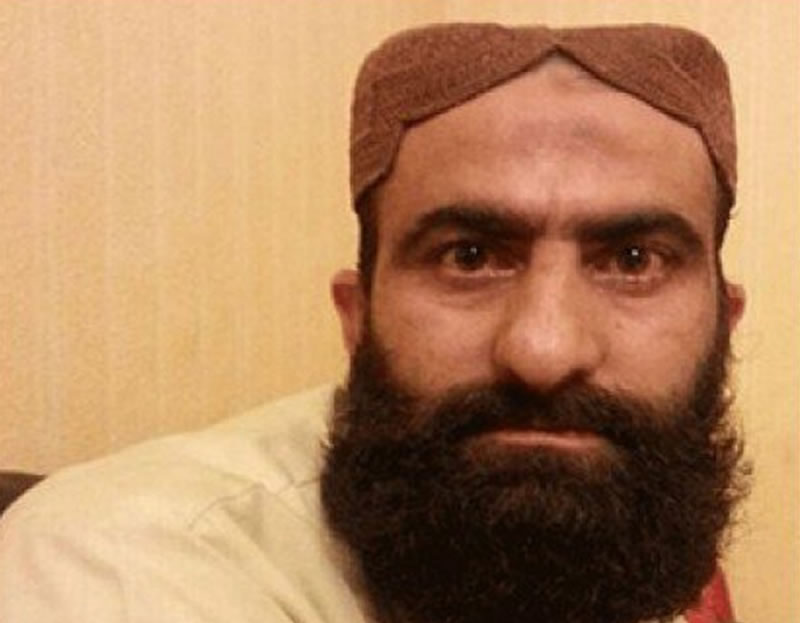A Pakistani killer was granted a fourth stay of execution Tuesday, with campaigners saying his high-profile case will go to the Supreme Court over claims he was a juvenile when the murder was committed and so can not be put to death.
[contentblock id=1 img=adsense.png]
Shafqat Hussain, sentenced to death for killing a seven-year-old boy in Karachi in 2004, was scheduled to be hanged shortly before dawn at a prison in the city.

His case has drawn international attention as his lawyers and family claim he was only 15 at the time of the killing, and therefore is not eligible for execution under Pakistani law. They also claim he was tortured into confessing. Rights groups had pleaded desperately with the government Monday not to carry out the execution. Southern Sindh province prisons inspector Nusrat Manggan confirmed early Tuesday that the hanging had been postponed. Hussain’s brother Gul Zaman, who waited anxiously outside the prison for official confirmation after hearing through local media that his brother’s life had once again been spared, was overjoyed with the news.
[contentblock id=2 img=gcb.png]
“It’s all because of media and rights groups who fought for my brother,” Zaman told AFP. The Supreme Court confirmed it has set a hearing to examine the questions around Hussain’s age, but did not give a date. Anti-death penalty charity Reprieve, which has petitioned to save Hussain, said the hearing would take place Monday. Hussain was originally due to face the noose in January.
A government-ordered probe to determine his age, carried out by the Federal Investigation Agency (FIA), found he was an adult at the time of his conviction — though the results have not been published officially. The Hussain case has drawn particular concern, with a panel of UN rights experts calling on Friday for his hanging to be halted. In an open letter on Sunday, Amnesty International, Human Rights Watch and Reprieve urged President Mamnoon Hussain to grant Hussain clemency.
[contentblock id=2 img=gcb.png]
Amnesty International estimates that Pakistan has more than 8,000 prisoners on death row, most of whom have exhausted the appeals process. A moratorium on the death penalty had been in force in Pakistan since 2008, but executions resumed last December after Taliban militants gunned down 154 people, most of them children, at a school in the restive northwest. The moratorium was initially lifted only for those convicted of terrorism offences, but in March was extended to cover all capital offences. – AFP













